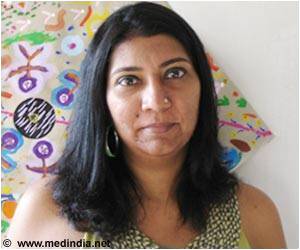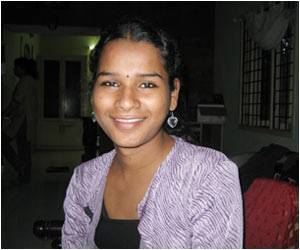Malaysian Islamic-purity enforcers burst in as Aryana was just returning to her home one night in June, ransacked her apartment and arrested her for cross-dressing.

The 30 year-old was detained for several hours, during which she was roughly handled, pressured to confess and charged a fine.
"It's difficult. When I wore men's clothing, it felt like a lie," said Aryana, a sex worker with long hair dyed reddish-brown and a heavily-powdered face.
Transgender people are common in Malaysia, typically men whose gender identity is female, but also vice versa. Some undergo sex-change surgery.
But their lives are far different from the famously tolerant stance in Buddhist neighbouring Thailand.
Human Rights Watch said Malaysia is one of the world's worst countries for transgender people, as it released a report last week detailing social ostracism, discrimination, and harassment, sexual abuse and arrest by authorities.
Advertisement
State-level laws on Islamic purity also criminalize dressing as the opposite sex, activists say. Violations can bring three years in prison and a fine.
Three transgender women who were arrested four years ago are now boldly fighting that in court via a lawsuit in the southern state of Negeri Sembilan that calls such rules discriminatory and unconstitutional.
Its chances are uncertain, but activists hope success will prompt scrutiny of laws in other states. A ruling is expected November 7.
"I hope for success. I have been waiting so long already," said one of the parties to the suit, a slim 28-year-old dressed in tight jeans, sunglasses holding back reddish dyed hair, who asked to be unidentified.
"I'm not a man acting like a woman. I am a woman."
Activists and transgender people say past attitudes were fairly tolerant in the historically moderate Muslim country.
But conservative Islam is growing due to a complex mix of factors.
In 1982, the National Fatwa Council, Malaysia's highest Muslim authority, banned sex-reassignment surgery as un-Islamic.
Authorities have since taken a steadily harder line against transgenders and homosexuality, critics say. A gay rights festival was banned in 2011.
Prime Minister Najib Razak, who portrays himself as a Muslim moderate, has repeatedly said in recent years that gay and transgender rights initiatives were deviant.
Officials in Najib?s office, Malaysia?s attorney-general, and a government agency that polices Islamic conduct did not respond to AFP requests for comment.
The report by Human Rights Watch urged the repeal of all discriminatory regulations, saying transgender people are at constant risk of mistreatment by authorities.
In June, 16 transgender women were arrested in a raid on a wedding party in a private home in southern Malaysia. They were sentenced to a week in prison and fined.
Some transgender people are sent for "counselling" sessions on "moral values".
Nisha Ayub, now a Muslim transgender activist, said after she was arrested in 2000 that a jailer took her from cell to cell to show male inmates her breasts. She was later molested by prisoners.
"We are not asking for special rights. We are just asking for equal rights," Nisha said.
Those who opt for sex-change surgery encounter a bureaucratic nightmare, unable to legally change their names and genders, complicating access to public services.
Others complain of discrimination in employment and other spheres.
Transgender women are commonly seen, especially in the capital Kuala Lumpur, working in restaurants and retail outlets.
But the price of acceptance is self-denial -- they typically wear gender-neutral clothes, such as pants and shirts, with long hair tied back conservatively.
- 'It was hell' -
Deprived of jobs, many are pushed into sex work, risking sexually-transmitted disease.
Abinaya Jayaraman worked at a bank but left when her employer demanded she dress as a man and use the men's toilet.
A Hindu ethnic Indian with long hair and dressed in a bright yellow Indian sari, Abinaya said she turned to sex work for 30 ringgit ($10) per encounter to survive.
"It was hell," she said.
Abinaya had sex-change surgery in 2011 and has found stability working with a local NGO that helps the transgendered.
But her pain lingers. She was sexually abused as a child by a relative, and is now estranged from her family over her lifestyle.
Activists said many transgender people can become depressed, suicidal, and turn to drugs and alcohol.
"Here we live in fear. We are treated as criminals. We are not treated as humans," Abinaya said.
Source-AFP












